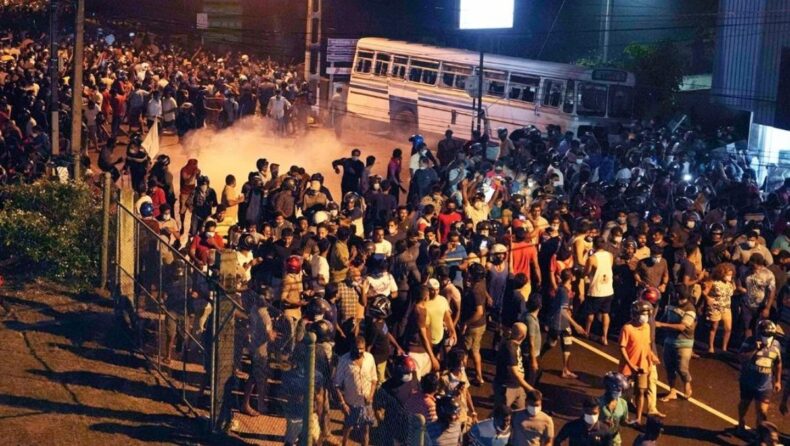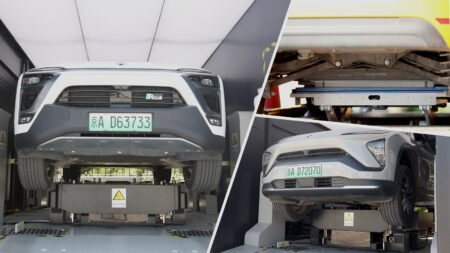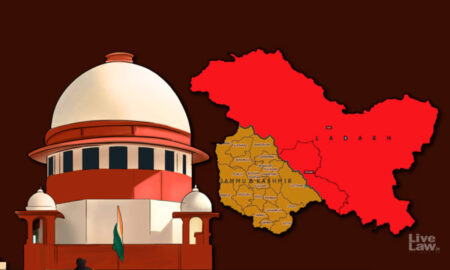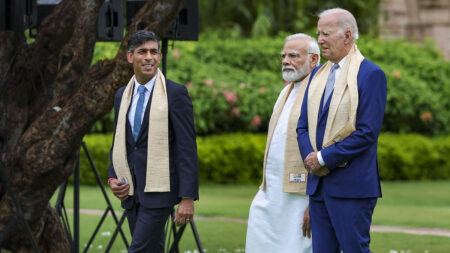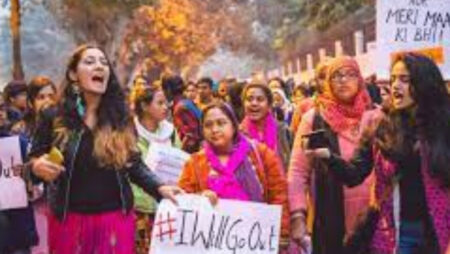In the wake of the extreme Sri Lanka economic crisis, the country’s army and police publicly clashed on Tuesday night after soldiers armed with killer weapons and rifles drove through a crowd of protesters in the capital, Colombo, where the protests were intense and the soldiers were alleged to have intensified anti-government demonstrations in the country.
This led to a verbal confrontation between the armed soldiers and the police when the officials tried to stop them, prompting Army Chief Shavendra Silva to call for an inquiry. A group of masked soldiers holding assault rifles drove through the crowd on unmarked bikes at a protest near Parliament, in which children, women, and the elderly were also participating.
Sri Lankan President Gotabaya Rajapaksa will not resign despite widespread protests against his handling of the country’s economic crisis, Chief Government Whip and Highways Minister Johnston Fernando said in response to opposition criticism.
The destructive economic crisis has given rise to starvation across the island nation, while acute shortages and blackouts are likely to get worse, the speaker of Parliament warned today. President Rajapaksa late Tuesday night cancelled the state of emergency that was declared on April 1, even as the government struggled to control protests amid the nation’s worst economic crisis in decades.
There are five things you should know about the island country’s crisis
- The ruling alliance lost its majority in Parliament after at least 41 lawmakers walked out of the party, with former allies demanding President Rajapaksa’s resignation.
- A day after his appointment and ahead of crucial talks scheduled with the International Monetary Fund for a loan program, Finance Minister Ali Sabry resigned.
- The cash-strapped country has decided to temporarily shut its embassies in Norway and Iraq, as well as the country’s Consulate General in Sydney.
- The International Monetary Fund (IMF) said that it is monitoring political and economic developments in Sri Lanka “very closely” as public unrest in the island nation grows amid its worst economic crisis in decades.
- There have been mass agitations against the ruling Rajapaksa family for its mishandling of the economic situation triggered by the foreign exchange crisis and the balance of payment issues. Public anger has reached its extreme level in Sri Lanka, where since the weekend, crowds have attempted to destroy the homes of several government officials.
The South Asian nation is battling severe shortages of food, fuel, and other essentials, along with record inflation and frequent power cuts, in its most painful downturn since independence from Britain in 1948.
The plight of Gotabaya might change for the worse
In 2020, Mahinda Rajapaksa won elections to become Sri Lanka’s prime minister, serving under his brother and president, Gotabaya. In 2021, another sibling, Basil, was named finance minister, tightening the family’s hold on power.
Less than a year later, the country’s pre-eminent political dynasty is in trouble, as protesters take to the streets making demands that would have been unthinkable before the economic crisis struck: that the president step down.
“Gota go home!” hundreds of people shouted along a leafy boulevard in Sri Lanka’s commercial capital, Colombo, this week as cars drove past, honking their horns in support.
From beachside towns in the south to the Tamil-speaking north, more than 100 demonstrations have broken out across the island nation since last week, according to the Watchdog research collective.
Published by – Kiruthiga K
Edited by – Kritika Kashyap







